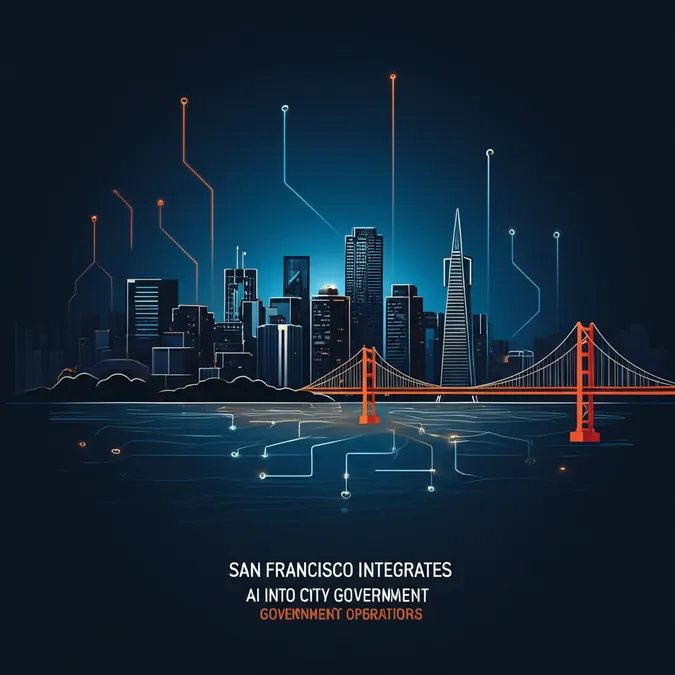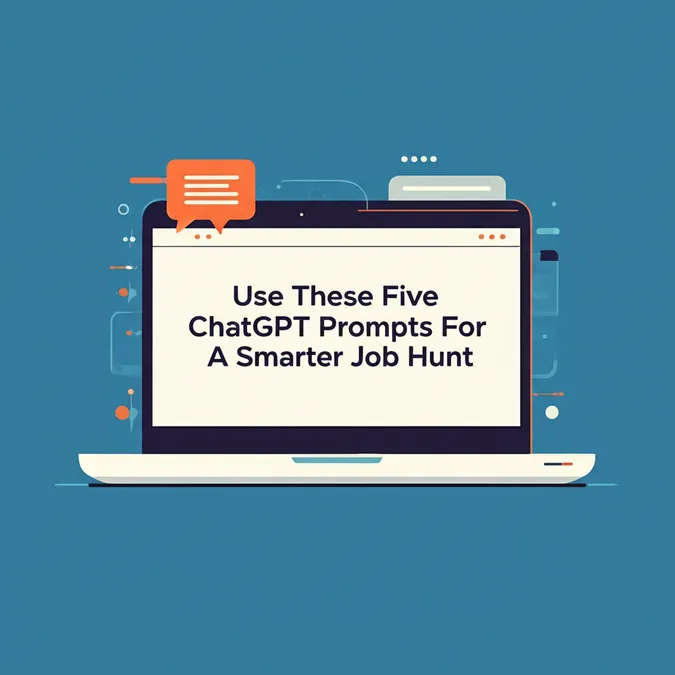Developer Offer
Try ImaginePro API with 50 Free Credits
Build and ship AI-powered visuals with Midjourney, Flux, and more — free credits refresh every month.
The Surprising Rise of ChatGPT as a Search Tool
The Surprising Rise of ChatGPT as a Search Tool
The way we find information online is changing faster than ever. According to a landmark report from Adobe, the line between chatbot and search engine is blurring for a vast majority of Americans. The study reveals that an incredible 77% of people who use ChatGPT are using it for search, with nearly a quarter of them now preferring it over Google.
A New Era of Search Emerges
Adobe's findings, based on a survey of 800 consumers and 200 business owners, paint a clear picture of a major shift in user behavior. The preference for conversational AI like ChatGPT for discovery tasks suggests a move away from traditional keyword searches toward a more interactive and personalized way of finding answers.
Widespread Adoption Across Generations
This trend isn't limited to a single demographic. The use of ChatGPT as a search tool is remarkably consistent across all age groups:
- Gen X: 80%
- Gen Z: 77%
- Millennials: 75%
- Baby Boomers: 74%
Gen Z, in particular, is embracing this new method, with 28% stating they now start their search journey directly in ChatGPT, bypassing traditional search engines from the outset.
The Growing Trust in AI-Powered Search
Trust is a key factor in this evolution. Adobe's report shows that three in ten users now trust ChatGPT more than traditional search engines. This confidence has a direct impact on commerce, as 36% of users have discovered a new product or brand through the AI. For Gen Z, this number climbs to an impressive 47%.
The most popular uses for ChatGPT search include:
- Answering everyday questions (55%)
- Brainstorming and creative tasks (53%)
- Getting financial advice (21%)
- Assisting with online shopping (13%)
Why Users Prefer Conversational AI for Search
What makes ChatGPT so appealing for search? The primary reason is efficiency. A majority of users (54%) value its ability to quickly summarize complex topics, and a third (33%) appreciate getting faster answers with fewer clicks compared to Google.
Personalization is another major draw. An overwhelming 81% prefer ChatGPT for open-ended or creative questions, and 77% feel its responses are more tailored to their needs than what traditional search engines provide.
How Marketers Are Pivoting to AI Visibility
Businesses are taking notice of this consumer shift. The survey found that 47% of marketers and small business owners are already using ChatGPT for marketing tasks like creating product descriptions and social media content.
Looking forward, the focus is on "AI visibility." Two-thirds of business leaders plan to increase their investment in this area, with 76% agreeing that it's essential for their brand to appear in ChatGPT's results by 2025.
To succeed, marketers are focusing on content that performs well in AI-driven discovery. The most effective formats reported are:
- Data-driven articles (57%)
- In-depth how-to guides (51%)
These types of content align with how AI models process and surface factual, instructive, and reliable information.
The Future of Search and SEO
Adobe’s findings signal a crucial evolution for digital marketers. As more users turn to AI for discovery, brands must adapt their strategies. Rather than replacing SEO, AI visibility should be seen as a powerful complement. By tailoring content for conversational search, businesses can gain a significant edge in reaching their audiences through new, highly personalized pathways.
Compare Plans & Pricing
Find the plan that matches your workload and unlock full access to ImaginePro.
| Plan | Price | Highlights |
|---|---|---|
| Standard | $8 / month |
|
| Premium | $20 / month |
|
Need custom terms? Talk to us to tailor credits, rate limits, or deployment options.
View All Pricing Details

